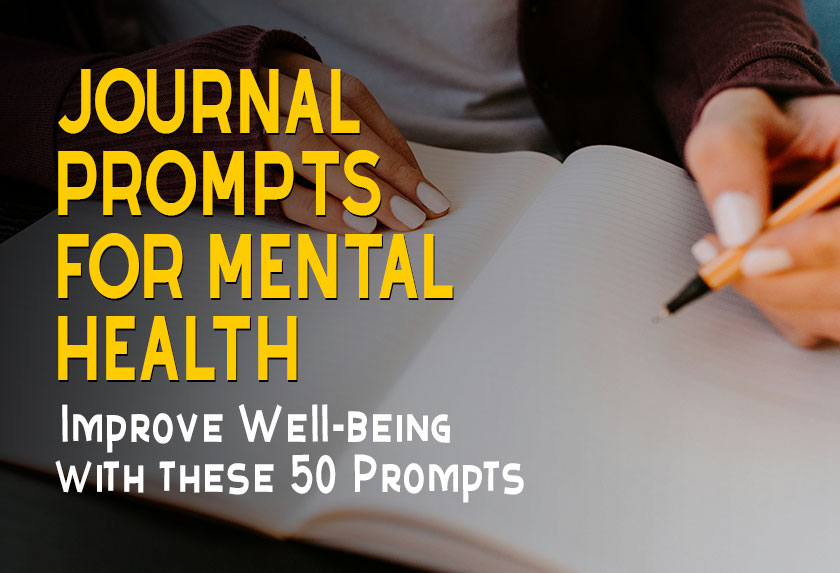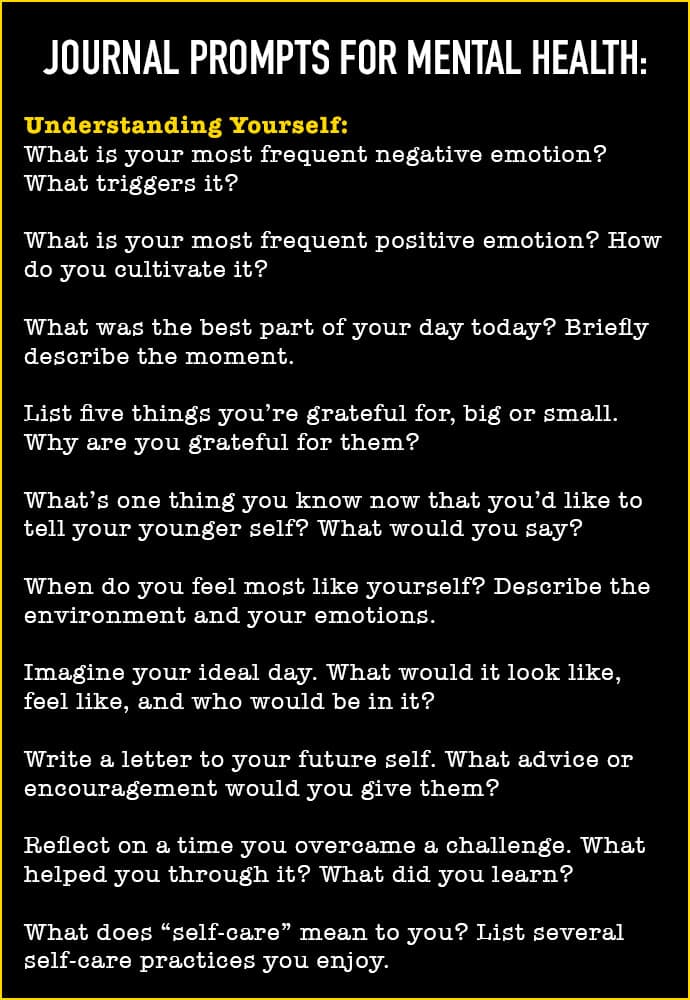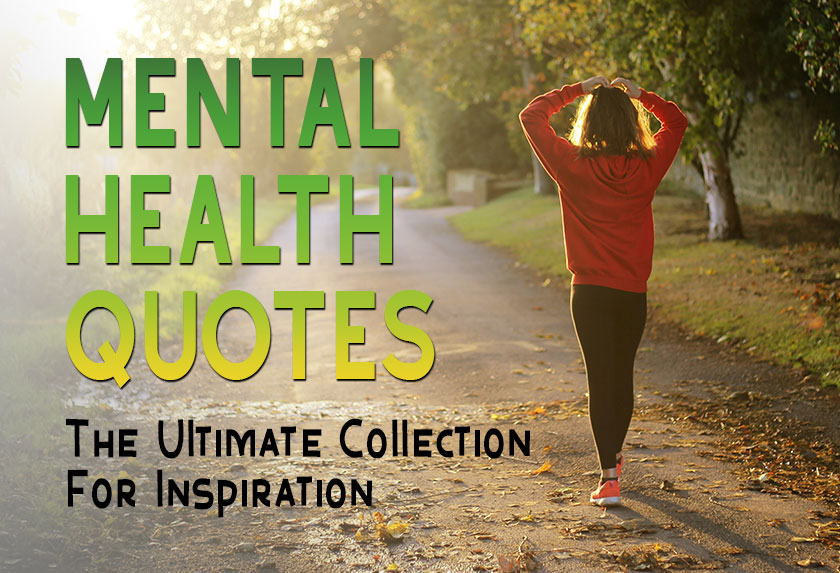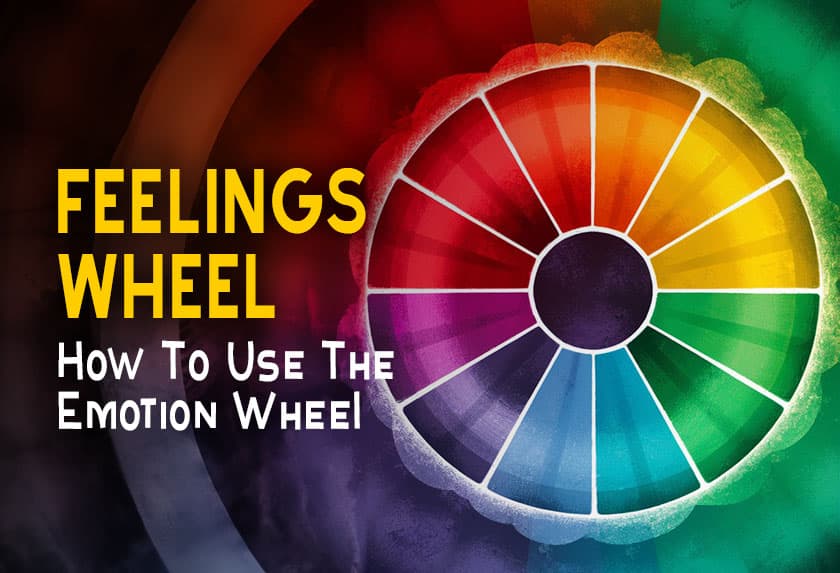Using Journal Prompts for Mental Health
Journaling is a form of self-care and can be a powerful tool for managing mental health and self-reflection.
By writing about thoughts, feelings, and experiences related to mental health, journaling allows people to process emotions, clarify thinking, relieve stress, set goals, and more.
For this journaling practice we explore research-backed journal prompts for mental health and well-being.
How Journaling Supports Mental Health
Journaling benefits mental health in a variety of ways:
- It facilitates the processing of emotions and experiences so they don’t accumulate.
- It helps identify negative thought patterns, self-limiting beliefs, sources of stress, and areas for personal growth.
- It supports the development of insight, self-awareness and identity.
- It provides a space to clarify goals, values and priorities.
- It enhances mood and outlook as life events are reframed with new understanding.
Research shows journaling allows people to know themselves better and nurture their own mental wellbeing.
Choosing a Journal Format
Journaling can be done in a blank notebook, online document, audio recording, or specialized journal app. Consider what format best suits your needs:
- Paper notebook: tactile, portable, creative freedom.
- Digital document: searchable, shareable, backupable.
- Audio recording: captures tones, on-the-go friendly.
- Journal app: often includes templates, reminders, analytics on moods.
Many people use a hybrid approach with both digital and paper methods. Choose what is most convenient and comfortable. The key is building a manageable, sustainable habit in order to maintain your gratitude journal.
Journaling Prompts for Mental Health
Use these therapeutic journal prompts to enhance your overall mental health journey and self-discovery:
Emotional Processing
- What emotions am I experiencing right now? Can I trace them back to any underlying causes or triggers?
- Which of my emotions feel strongest? Why? When have I felt similarly before?
- If my emotions could speak, what would they say? What do they need from me?
- How am I really feeling about [situation]? What other emotions hide underneath the most obvious ones?
Uncovering Thought Patterns
- What negative stories or thoughts do I tell myself regularly?
- How might I reframe these thoughts to be more balanced and supportive?
- Is there any evidence against my negative thoughts? What would a caring friend tell me instead?
- What core beliefs seem to fuel my critical inner voice? Are these beliefs reasonable and helpful?
Exploring Stress & Anxiety
- What current situation or events feel most stressful? Why?
- Does this stress remind me of anything earlier in my life? Any patterns?
- What resources, skills and supports could help moderate my stress?
- If stress/anxiety had a voice, what would it say? What does it claim I need to worry about?
Setting Wellbeing Goals
- What does “wellness” or “mental health” look like for me right now?
- What simple goals would move me toward my vision of health and balance?
- What mental wellbeing goals were easiest or most challenging last week? Why?
- How can I motivate and support myself in reaching my goals this week?
There are endless reflections to explore within these categories. Let your mental health journal be flexible and creative. Follow your inner wisdom about what feels most meaningful and beneficial day-to-day.
Making Time to Journal
To establish a consistent habit, attach journaling to an existing routine like morning coffee or an evening wind-down. Even 5-10 minutes of intentional journaling for mental health can make a difference.
Many people find certain days like Mondays or Fridays lend themselves well to journal check-ins. Reflecting with some routine helps notice patterns emerge emotionally and psychologically.
Be patient and non-judgmental with yourself as you build journaling into your life. Not every entry needs to be profound. Follow your natural ups and downs, insights and challenges. In time a richer understanding will develop to support your emotional state.
50 Best Journal Prompts for Mental Health:
Understanding Yourself:
- What is your most frequent negative emotion? What triggers it?
- What is your most frequent positive emotion? How do you cultivate it?
- What was the best part of your day today? Briefly describe the moment.
- List five things you’re grateful for, big or small. Why are you grateful for them?
- What’s one thing you know now that you’d like to tell your younger self? What would you say?
- When do you feel most like yourself? Describe the environment and your emotions.
- Imagine your ideal day. What would it look like, feel like, and who would be in it?
- Write a letter to your future self. What advice or encouragement would you give them?
- Reflect on a time you overcame a challenge. What helped you through it? What did you learn?
- What does “self-care” mean to you? List several self-care practices you enjoy.
Self-Compassion and Acceptance:
- List three things you appreciate about yourself, physically and emotionally.
- Write a letter of forgiveness to yourself for a past mistake. What do you forgive yourself for?
- Describe a negative thought you often have about yourself. Challenge its validity and rewrite it into a positive affirmation.
- What are your personal strengths and how can you utilize them more effectively?
- When do you feel most insecure? What triggers these feelings and how can you manage them?
- Think of a time you felt judged by others. How did you cope with those feelings? What did you learn?
- Who or what makes you feel seen and understood? How do they make you feel?
- Create a “compliment bank.” Write down any compliments you receive, big or small, and revisit them on tough days.
- Imagine a safe space where you can be your authentic self. Describe it in detail.
- What does “acceptance” mean to you? What can you accept about yourself and your circumstances right now?
Emotional Awareness and Management:
- When you feel anxious or worried, what is it typically about? What practices help to calm you down?
- What physical symptoms show up when you’re anxious or stressed? How can you recognize these early signs?
- When you experience low mood, what are you typically thinking about? What helps you shift your perspective?
- Identify different coping mechanisms you use when dealing with difficult emotions. Are they healthy and effective?
- List down situations or people that you find draining. How can you set boundaries or limit your exposure?
- Imagine holding your inner child. What would you say to them to offer comfort and reassurance?
- When was the last time you cried? What triggered your tears, and how did it make you feel afterwards?
- Write a poem or song expressing your current emotions. Let your raw feelings flow freely.
- Create a “gratitude jar.” Every day, write down something you’re grateful for and then read them on low days.
- What activities help you de-stress and find mindfulness? How can you incorporate them into your daily routine?
Growth and Goals:
- What is one personal goal you’re currently working towards? Write down specific steps you can take to achieve it.
- What is one new skill you’d like to learn? Create a plan for how you can start learning it.
- Identify one limiting belief that holds you back. How can you challenge and overcome it?
- Imagine your biggest dream coming true. What does it look and feel like? How can you start working towards it?
- List three habits you’d like to cultivate and three habits you’d like to break. Create a plan for implementing this change.
- What inspires you? Who are your role models and what qualities do you admire in them?
- Think of a time you stepped outside your comfort zone. What did you learn from the experience?
- What legacy do you want to leave behind? What impact do you want to make on the world?
- Write a letter to your future self about the progress you’ve made and the goals you’ve achieved.
- List five things you’re excited about for the future. What brings you hope and anticipation?
Bonus Journal Prompts for Mental Health:
- Create a vision board or collage representing your goals and aspirations.
- Interview a loved one about their mental health journey and the lessons they’ve learned.
- Explore various mindfulness practices like meditation, yoga
- Write a letter to a fictional character you relate to.
- Create a “worry box.”
- Imagine you have a “rewind button” in your life.
- Draw a self-portrait.
- Write a dialogue between your “inner critic” and your “inner cheerleader.”
- List five things you can control right now in your life.
- Plan a mental health day.
Remember, there are no right or wrong answers when journaling.
Using Journal writing prompts can help spark ideas.
Just let your thoughts and feelings flow freely, gain clarity, form a deeper connection with yourself and see what insights emerge.















